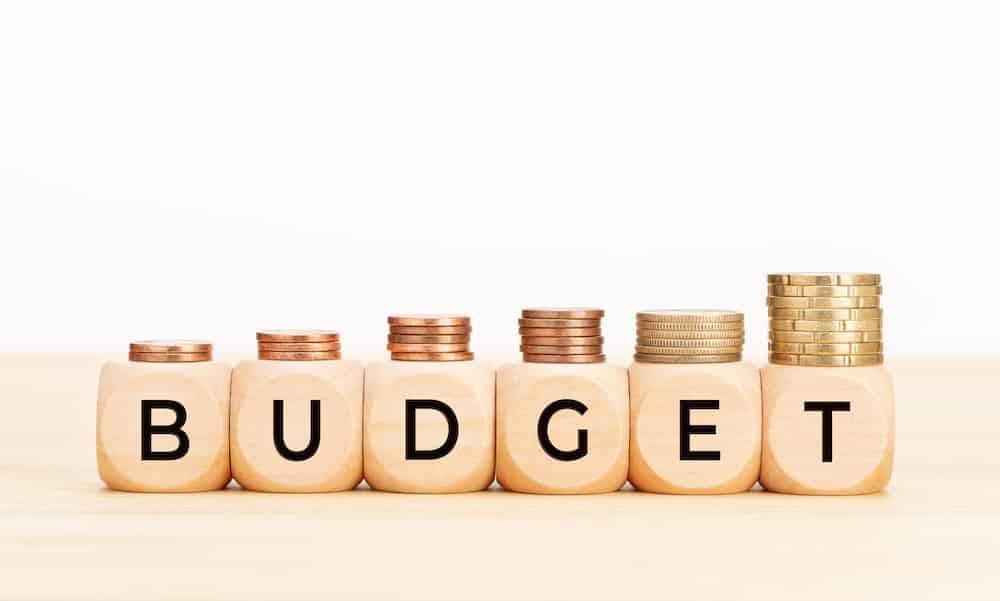
5 Budgeting Tips Every Beginner Should Follow to Make Smart Spending Decisions
Budgeting is a critical component of any lifestyle. However, as you nurture your savings towards a long-term goal, you have to be mindful of how it impacts your spending habits. For starters, budgeting is an effective way of controlling your expenses and cutting down on unnecessary costs. Moreover, it plays a vital role in shaping the direction you want to take with your finances and expressing financial freedom. So if you are a beginner and looking for budgeting tips, this blog will help you with just that!
Use The Zero-Based Method
When you zero-base your spending and compare it to the income, you see where every single penny goes. This simple exercise can help guide the way forward for a person of good financial discipline. It involves the initial set-up of a fixed budget that you stick to throughout the year. This is where your expenses are broken down into categories and sub-totaled by monthly totals given to them in month-on-month comparisons. The process can be tedious, but it ensures that the highest costs don’t creep back on you after some time has passed.
Save Before You Spend
Get into the habit of setting aside money every month towards your savings goal. Be sure to make saving your priority. Saving will help you maintain a disciplined attitude when it comes to spending, and you will be able to save even more in the long run. One great way to begin saving is by automating your finances to have access to recurring deposits automatically connected with your bank account. This can free up some time for other things and make managing your funds less cumbersome overall.
Keep Aside Money To Enjoy Yourself
A great way to save money is by setting aside a set percentage of your paycheck for spending on yourself. This can be anything from treats, activities and travel to big-ticket items like new clothes or appliances. The idea is that you’re dedicating some portion of your income towards fun and enjoyment instead of frivolous purchases. There are always shiny temptations begging you to spend your hard-earned money on them. It’s essential to keep an amount aside to know when to say no and maintain a strict budget. Keep aside money and watch how fast money will start to accumulate in your savings account.
Review Your Budget
It’s important to review your monthly expenses and make adjustments as needed. This will help you stay within your allocated spending limits and keep tabs on where your money is going. It can also be helpful to consult with a financial advisor who can offer advice on managing your money and saving for the future. These are two viable ways to begin saving money and, at the same time, increasing your net worth.
Set Financial Goals
Building long-term saving habits is essential to accumulate wealth. However, it’s also vital to have short-term financial goals so that you can see tangible progress towards your more significant dreams and aspirations. One way to achieve this is by creating a budget with specific milestones and income targets associated with each category of spending, whether it may be regular expenses, saving for college or retirement. When setting these goals, be realistic in terms of what you can afford and think about what you want to accomplish on a personal level. Having these goals in mind can help keep you focused and motivated every day.
Building wealth over time is a cumulative process that starts with making responsible financial choices and saving money each month. The key to reaching your dreams is setting attainable goals, working hard every day, and never giving up. Remember: it takes time and effort, but saving money can help you accumulate significant wealth at the end of the day. Unfortunately, many people don’t know how to save. However, the problem can resolve itself with a certain mindset and strategy.



